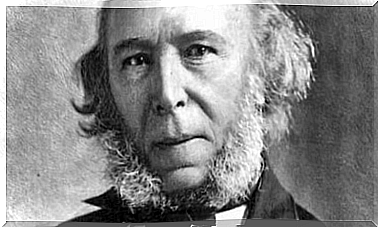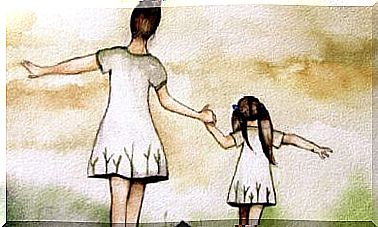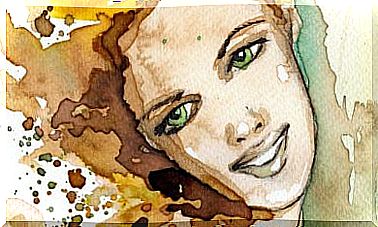We Need Compassion Too

Compassion is a vaccine for suffering. It starts from a realistic exercise, recognizing the fallibility of our nature and integrating it into the narrative of our history. Undesirable consequences come from our mistakes, but we can do little or nothing to change the past.
In this sense, by practicing compassion with ourselves, we soften a cushion against the emotional impact that the consequences of a certain error can produce. Using it is an exercise in emotional intelligence.
We are not useless; what does happen is that sometimes we are not useful. We are not clueless; sometimes we have mistakes. We are not, we act; The paradox is that now we have the opportunity to act differently. In this sense, we always enjoy – despite not being able to change the past – the opportunity to update who we are.

What is compassion?
We are talking about a complex term that covers three planes:
- Emotion-motivation plane : compassion, like emotions, is associated with an energy for action. Suffering awakens her and motivates us to alleviate it. Regarding us, it has a lot to do with how connected or disconnected we are with our innermost part; applied to others, it also has a lot to do with how connected or disconnected we are with them.
- Behavior level : it has to do with the action itself, what we would call execution of compassion. The way we treat ourselves or others. To change or invite to change stories that lower the intensity of suffering. The consequences of compassionate action favor, in the future, the foreground (emotion-motivation).
- Cognitive plane : includes several points.
- Attention to the suffering of others.
- The evaluation of that suffering.
- The evaluation of our concrete capacities to intervene effectively and to be able to alleviate it at that moment.
What is self-pity?
Kirstin Neff, a psychologist who has worked in this field, describes three pillars that support the practice from the perspective of self-criticism and suffering. Those pillars would be:
- Treat us with kindness.
- Accept contradictions and conflicts, especially those related to lack of consistency – cognitive dissonance.
- Holding painful thoughts and feelings in conscious attention.
Compassion in therapy
One of the most frequent work fronts in therapy is precisely the use of self-compassion. A generous review of the past with those who carry it out. Even sometimes unrealistic – the therapist is aware this is unrealistic – but very helpful in alleviating the suffering of the person.
It’s about those white lies that we need too. In other words, our definition needs to be a source of growth and not a heavy burden to carry. Highlight the intention or the difficulties, in the face of a result that was not the desired one. The person may think that he defended his interests, discarding the adjective of selfish -with all the semantic load that the term has-. The person may think that they expressed their anger, without using the verb to be.
Before we talked about the misfortune of not being able to modify the past. Fortunately, we are always in a position to update our definition. To update with honesty, courage, generosity or self-love -or just the opposite-. The challenge to our values is constant and the attempt to align our behavior with them a very powerful motivation.

Punishment with very poor fruits
How does being tough on ourselves help us? What does it help us to exclude compassion in our inner dialogue? You may decrease the likelihood of making the same mistake again by enlarging the memory footprint of what has happened. However, to achieve this same effect it is not necessary “psychological torture”, putting on the hard and relentless judge’s robe, while we sit ourselves on the bench.
On many occasions, the price is very high and the profit we obtain is very little. Taking stock, calling ourselves useless or stupid on a recurring basis produces greater damage to our self-esteem than the incentive it can provide at a given moment to correct a behavior. For example, for Gilbert, internal self-criticism and fear of external rejection can become so chronic that they can “literally stalk” people into depression and anxiety.
Thus, there is a whole modality of therapy focused on compassion. It is very useful with people who are characterized by being perfectionists, who work with very high expectations, who do not know how to relate to the failure or error and who tend to rewrite the story of their past highlighting what they did not achieve or the mistakes that made it happen. prevented.
Let’s think, in terms of well-being, how important a change that can make for someone to modify the way in which they treat. Fire your inner judge and give yourself time. Re-educate your self-criticism. Open a space for her to see the immediate effects that lack of compassion has on her.









